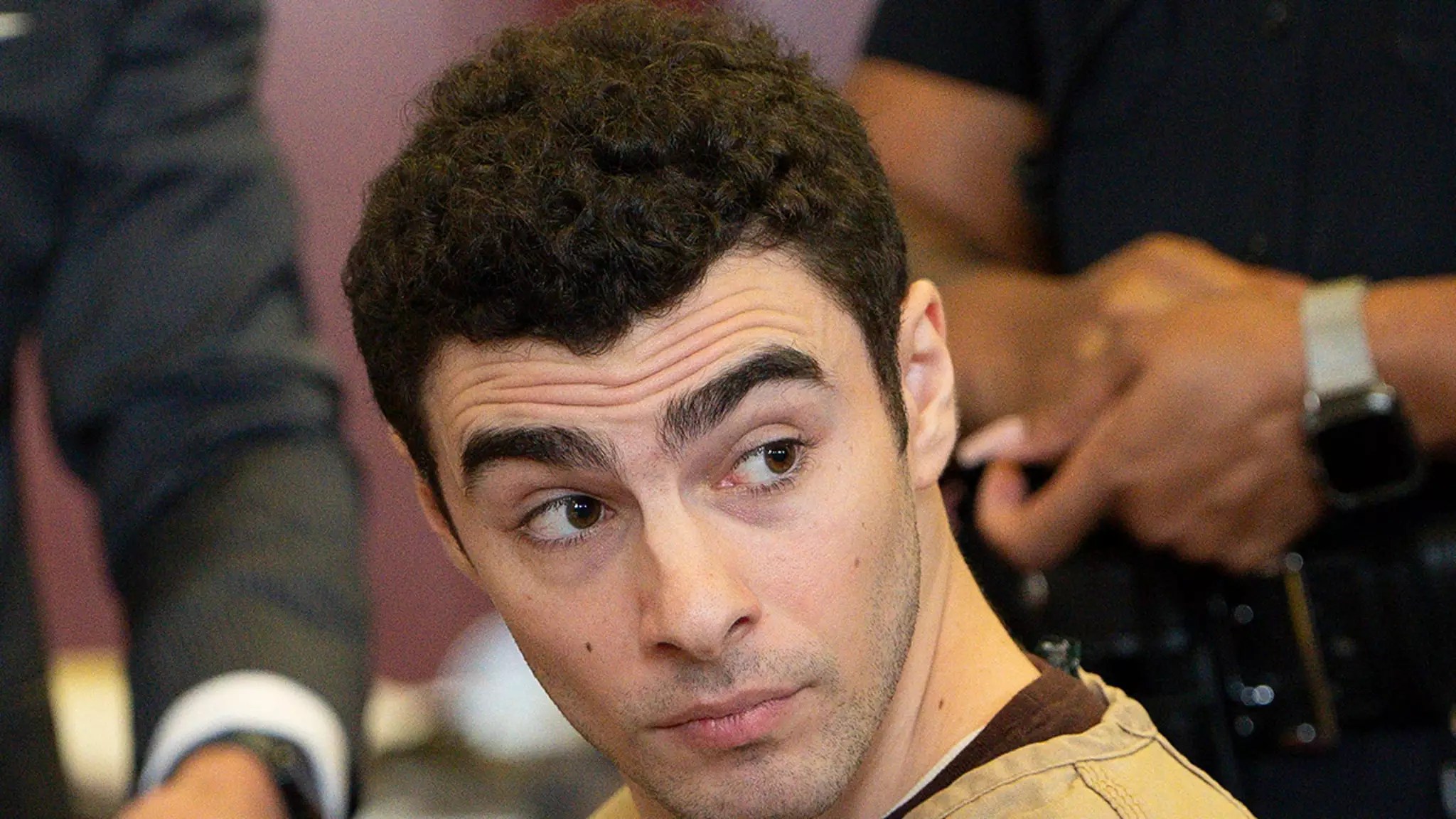The case of Luigi Mangione exemplifies the potential peril of systemic overreach within the American legal framework. His attorneys have vigorously contested the foundation of the federal death penalty indictment, asserting that the case has been marred by flagrant violations of basic rights and due process. Such claims aren’t trivial; they challenge the legitimacy of a system that, ideally, hinges on impartiality and fairness. When law enforcement agencies leak information or stage media spectacles to influence public opinion and judicial proceedings, the integrity of justice becomes compromised. It raises troubling questions about whether the state wields its power responsibly or instead manipulates narratives to serve broader prosecutorial ambitions.
Mangione’s legal team points to disturbing instances where police conduct appears deliberately designed to prejudice the defendant’s right to a fair trial. The leaked manifesto and the staged perp walk, designed to humiliate and dehumanize, are stark violations of constitutional protections against unfair treatment. The spectacle of esposés—the shackling and parade in front of cameras—evokes imagery more fitting for authoritarian regimes than a democracy committed to justice. Such tactics not only threaten Mangione’s presumption of innocence but also undermine public confidence in the justice system’s neutrality.
The Poison of Political Rhetoric and Its Consequences for Justice
The prominent statements made by high-ranking officials, especially Attorney General Pam Bondi, reflect a troubling trend where political narratives intrude directly into judicial proceedings. When officials publicly frame a defendant as a “cold-blooded assassin” and link their case to political agendas like “Make America Safe Again,” they blur critical lines between law and politics. This rhetoric distorts the fundamental presumption of innocence and risks turning a judicial matter into a spectacle of ideological warfare.
Public accusations that precede the court’s final judgment threaten the integrity of the judicial process. Prosecutors and public officials wielding their platforms to shape public perception not only prejudice juries but also erode the civilized norms upon which justice depends. Mangione’s attorneys rightfully argue that these premature declarations have already poisoned the well, making it exceedingly difficult to conduct an unbiased trial. An equitable legal system must operate free from external influences, a principle that appears to be jeopardized in this case.
The Right to a Fair Trial in the Face of Media and Political Bias
While the desire for justice is entirely legitimate, it must be pursued within the bounds of constitutional protections. Mangione’s attorneys appear to be pleading for the court to recognize that systemic misconduct—ranging from leaks to staged media appearances—compromises the core tenets of fairness. They seek to have the indictment dismissed on the grounds that the process has been tainted by abuses that violate due process rights, including the right to a fair and impartial hearing.
The fact that some charges have already been dismissed—such as the state terrorism counts—may indicate that the evidence or the manner of prosecution lacks the robustness required for conviction. Still, dismissing the federal indictment hinges on whether the rights violations outlined can be substantiated convincingly enough to cast doubt on the entire case. The issue here is not merely about the strength of the evidence but whether the investigation and subsequent proceedings have been compromised from the outset.
The Broader Implications for Justice and Accountability
This case touches on more profound questions regarding how justice is administered in an era where media sensationalism and political partisanship increasingly influence the judicial arena. The allegations by Mangione’s advocates point to a systemic failure: when law enforcement and prosecutors focus more on shaping narratives than ensuring fairness, the entire justice system risks losing credibility.
A fair trial is the bedrock of democratic justice, and it relies on an independent judiciary free from external pressures. The accusations against the authorities suggest that, in this instance, that independence has been compromised. If the court recognizes these violations and acts accordingly, it could set a precedent emphasizing the importance of procedural integrity over media-driven prosecutions. Conversely, ignoring such misconduct would perpetuate a dangerous environment where political and media influence threaten the very foundation of fair justice.
In examining Luigi Mangione’s case, it becomes evident that justice must be rooted in adherence to constitutional principles—not in spectacle, political rhetoric, or expedient tactics. Only through rigorous safeguarding of rights can society hope to uphold the ideals it purports to stand for. When those safeguards are disregarded or dismissed, the entire fabric of justice risks unraveling, leaving innocent presumptions in the dust of sensationalism.







Leave a Reply